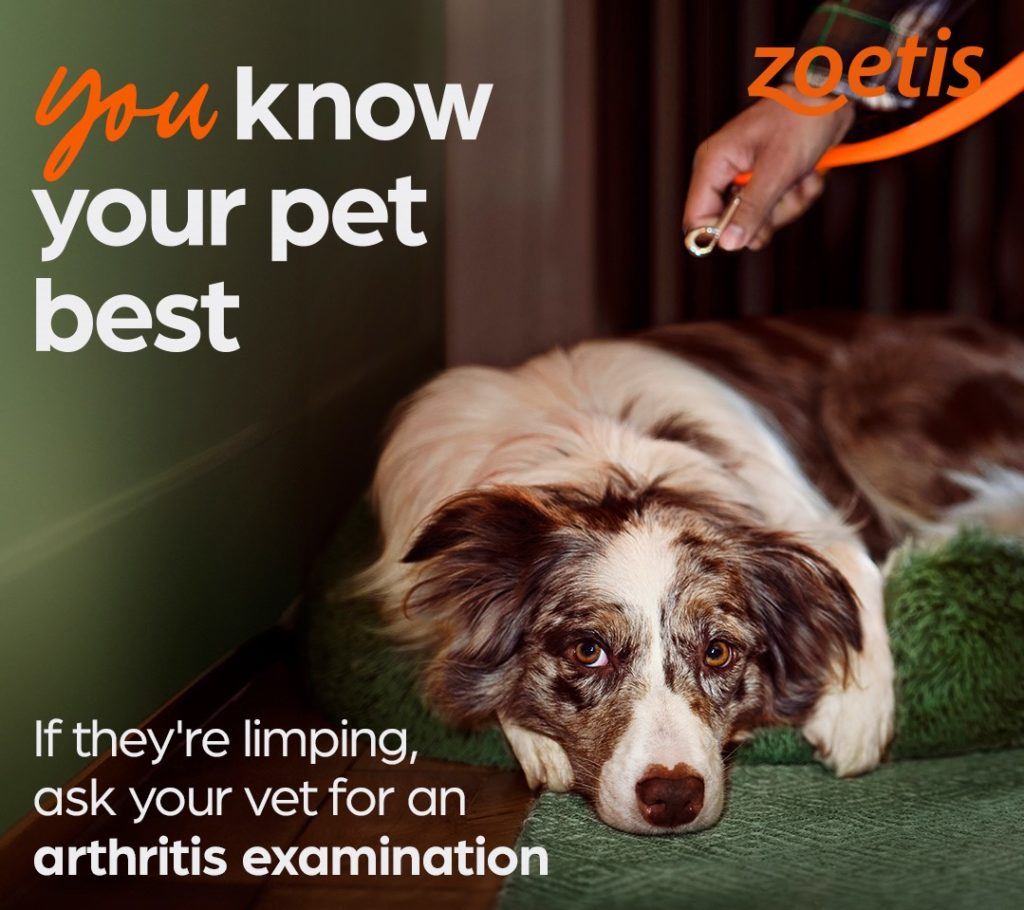
A short story about Whiskers. A story that may be yours too.
Whiskers, is a 14-year-old tabby who has been part of the Johnson family for over a decade. Whiskers used to be an agile and playful kitty, but lately, her behavior has changed. She no longer jumps onto the window sill to bask in the sun, and she hesitates before climbing onto the couch. Mrs. Johnson noticed that Whiskers seems less active and occasionally limps after a nap.
Concerned, Mrs. Johnson took Whiskers to her veterinarian. After a thorough examination and X-rays, the diagnosis was clear: Whiskers had osteoarthritis. The vet explained that this degenerative joint disease affects the cartilage in her joints, causing pain and stiffness. Whiskers’ age and breed (she’s a Maine Coon) put her at higher risk for developing arthritis.
The Johnsons decided to implement a multimodal approach to manage Whiskers’ condition. They started her on a chondroprotective supplement, adjusted her diet to support joint health, and provided a soft, warm bed for her to rest. Whiskers also receives gentle massages and short play sessions to keep her joints moving.
While Whiskers’ arthritis can’t be cured, the Johnsons are committed to ensuring her comfort and quality of life. They’ve made modifications around the house, like adding ramps to help her access her favorite spots. Whiskers may move a bit slower these days, but her purrs and affectionate head nudges remind the Johnsons that their senior cat still enjoys life, even with arthritis.
Remember that early detection and a multimodal approach are essential for managing osteoarthritis in both dogs and cats. There are a range of treatment options and usually all, or most, are necessary at the same time.
- Pain Management: Nonsteroidal anti-inflammatory drugs (NSAIDs) and other therapies help manage pain.
- Chondroprotective Agents: Supplements that contain glucosamine and more to support joint health.
- Weight Management: Maintaining a healthy lean weight reduces joint stress.
- Exercise: Controlled movement is essential.
- Adjunctive Therapies: Rehabilitation and monoclonal antibody therapy may help. We have had good response to these monthly monoclonal injections where it was indicated 🙂
Consult us for personalized advice based on your pet’s specific needs.